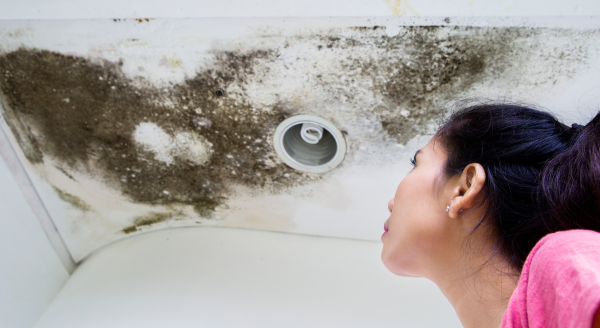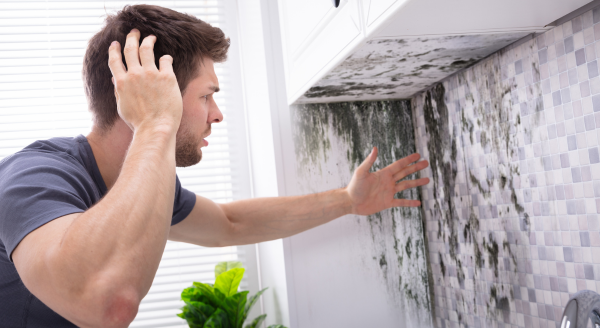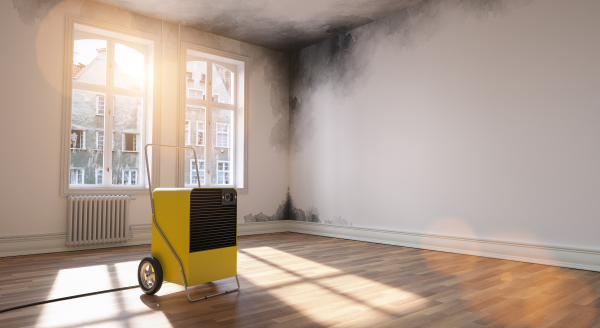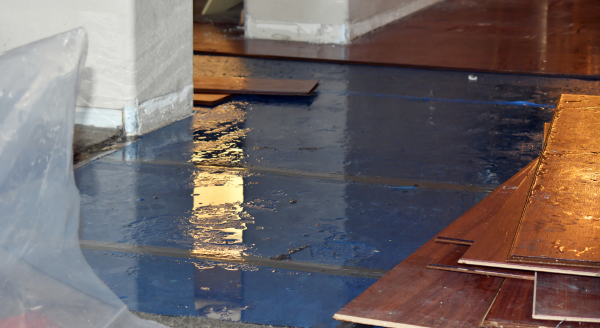Most people don’t think much about the mold in their homes unless it’s visible. However, hidden mold and spores can pose a significant risk, especially to those with compromised health systems. Mold can also compromise a structure. Since mold needs moisture to grow, we can assume that the underlying material has suffered some form of water damage. This is why having a certified mold assessor to inspect and repair the damage is so important.
What is a Certified Mold Assessor?
A Certified Mold Assessor (CMA) is licensed and trained in the area of mold. Mold assessors know how and where mold develops, how it affects your health, how to test it, and how to eliminate it. When you schedule an inspection, your mold assessor tests your home for various types of mold. Then they evaluate the severity of the situation and suggest how to proceed.
Becoming a Certified Mold Assessor requires careful study and licensing. You must be familiar with the countless mold types and the various problems they cause.
What Does a Mold Assessment Look Like?
A standard mold inspection includes an evaluation of these items.
- Building integrity – has water damage compromised the structure?
- Health risks – have humans or animals come in contact with the mold?
- Current sources of mold – where is the mold located and is it spreading?
- Potential for future mold development – are there other areas where moisture is a concern?
- Mold prevention – how can future mold issues be eliminated?
Mold assessors not only eliminate mold issues, but they also locate potential problem areas and prevent long-term damage from occurring. Often, they are called upon to counsel homeowners and guide the remediation process. A mold assessor may find themselves working with contractors and others to exact a solution.
How Can You Become a Mold Assessor?
If you want to learn more about mold and its accompanying health risks, don’t be afraid to take steps toward CMA certification. By taking the proper classes and tests, you can become knowledgeable in the field of mold. Certified mold assessors can then help homeowners create healthy living environments.
Florida requires all licensed mold assessors to pass an approved exam for mold assessment. This test is approved by the Department of Business & Professional Regulation.
If you aren’t sure how to go about taking classes or the licensing examination, call us today. The National Environmental Training Institute (NETI) is a state-certified training company offering Mold Remediator and Mold Assessor training. NETI also offers continuing education units (CEU’s), certification, and licensing.










